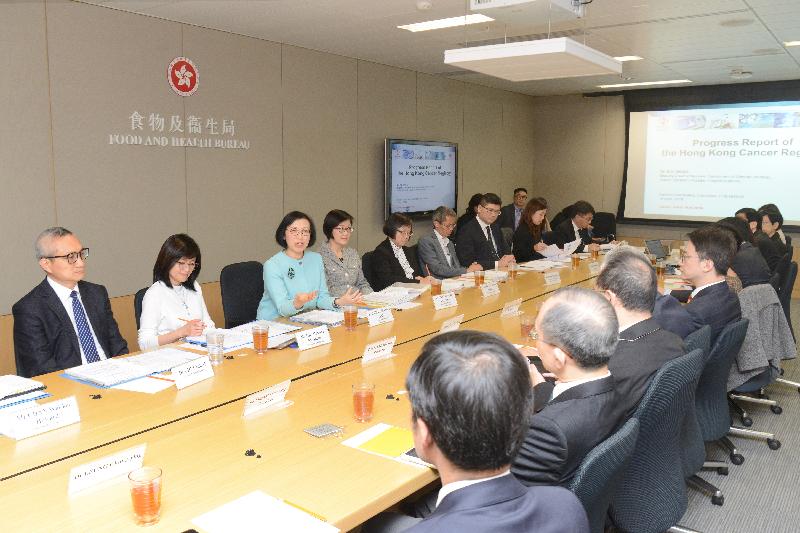News story: Foreign Secretary announces £1.6 million for women in conflict mediation
Championing girls’ education to promote global stability will be at the heart of UK foreign policy to positively transform the lives of women and girls in conflict.
Women and girls are disproportionately affected by conflict but they are also key to its resolution.
The Network of Women Mediators, will train women from across the Commonwealth with the practical skills to play an active role in resolving conflict worldwide. Today the Foreign Secretary, Boris Johnson has committed £1.6 million UK support to fund this groundbreaking work.
Foreign Secretary Boris Johnson said:
Conflict affects whole communities, but the fact is women and girls often bear the brunt. Girls are twice as likely to be out of school as boys, and more likely to experience gender-based violence.
This year one of my main focuses will be to ensure that girls in the poorest countries in the world receive at least 12 years of quality education because this is the single most powerful spur to development and progress.
To end wars, build sustainable and lasting peace and create stable societies, women around the world must be able to participate in peace processes. Today’s £1.6 million will empower women across the Commonwealth to rightfully take their seat at the negotiating table.
Commonwealth women who take part in the programme will work across the globe to help resolve conflict. They will also support and train up women outside the Commonwealth to enter mediation and peace processes and work with grassroots organisations to empower women mediators amplifying the impact of UK funding.
Despite making up over half of the population, too few women’s voices are heard when peace agreements are being drawn up. Between 1992 and 2017 only 2% of mediators, and 5% of witnesses and signatories to major peace processes were women. However, evidence shows that when women are a part of peace agreements they are 35% more likely to last at least 15 years.
Further information
-
Follow the Foreign Secretary on Twitter @BorisJohnson and Facebook
-
Follow the Foreign Office on Twitter @foreignoffice and Facebook
-
Follow the Foreign Office on Instagram, YouTube and LinkedIn
Media enquiries
For journalists
Email
newsdesk@fco.gov.uk
Newsdesk
020 7008 3100

